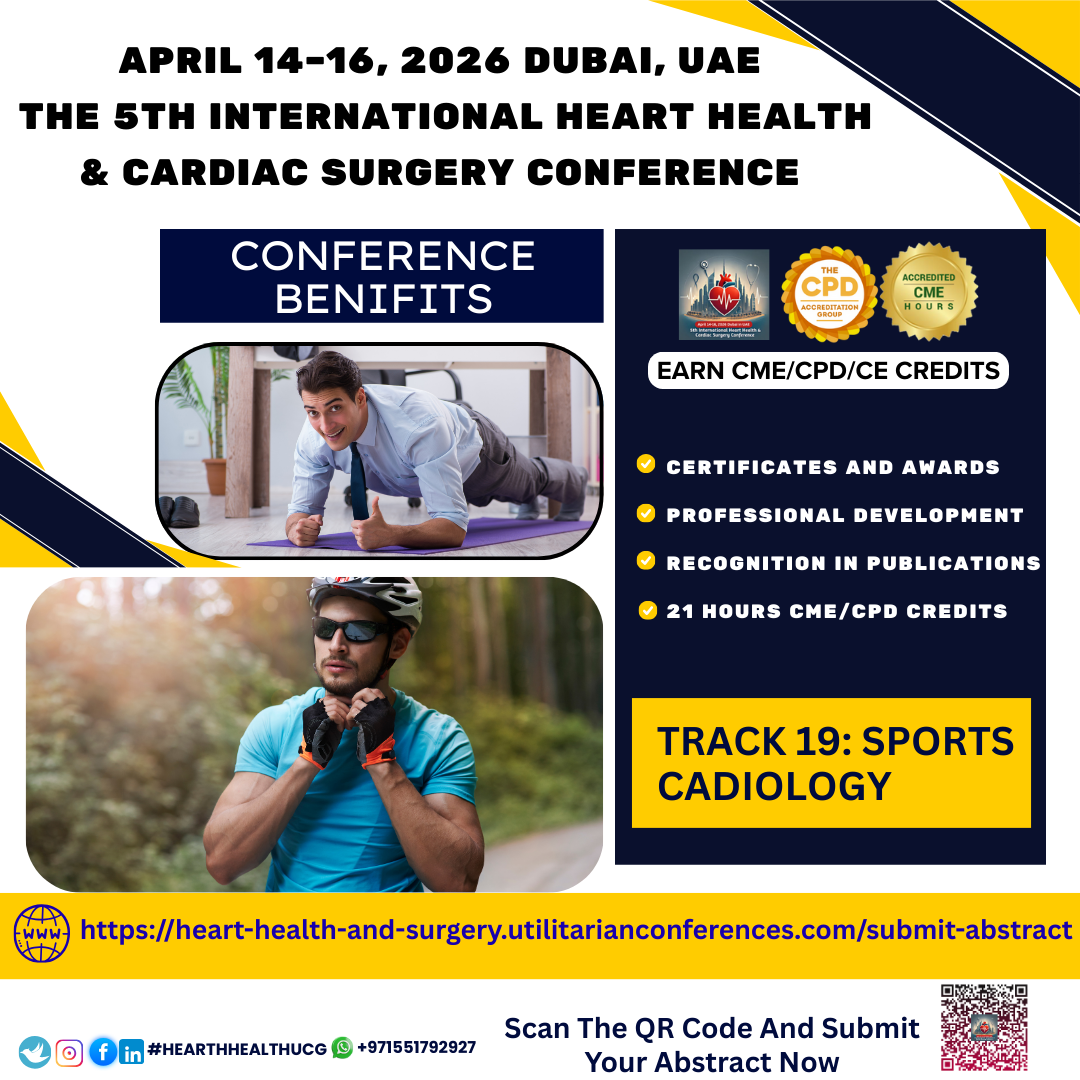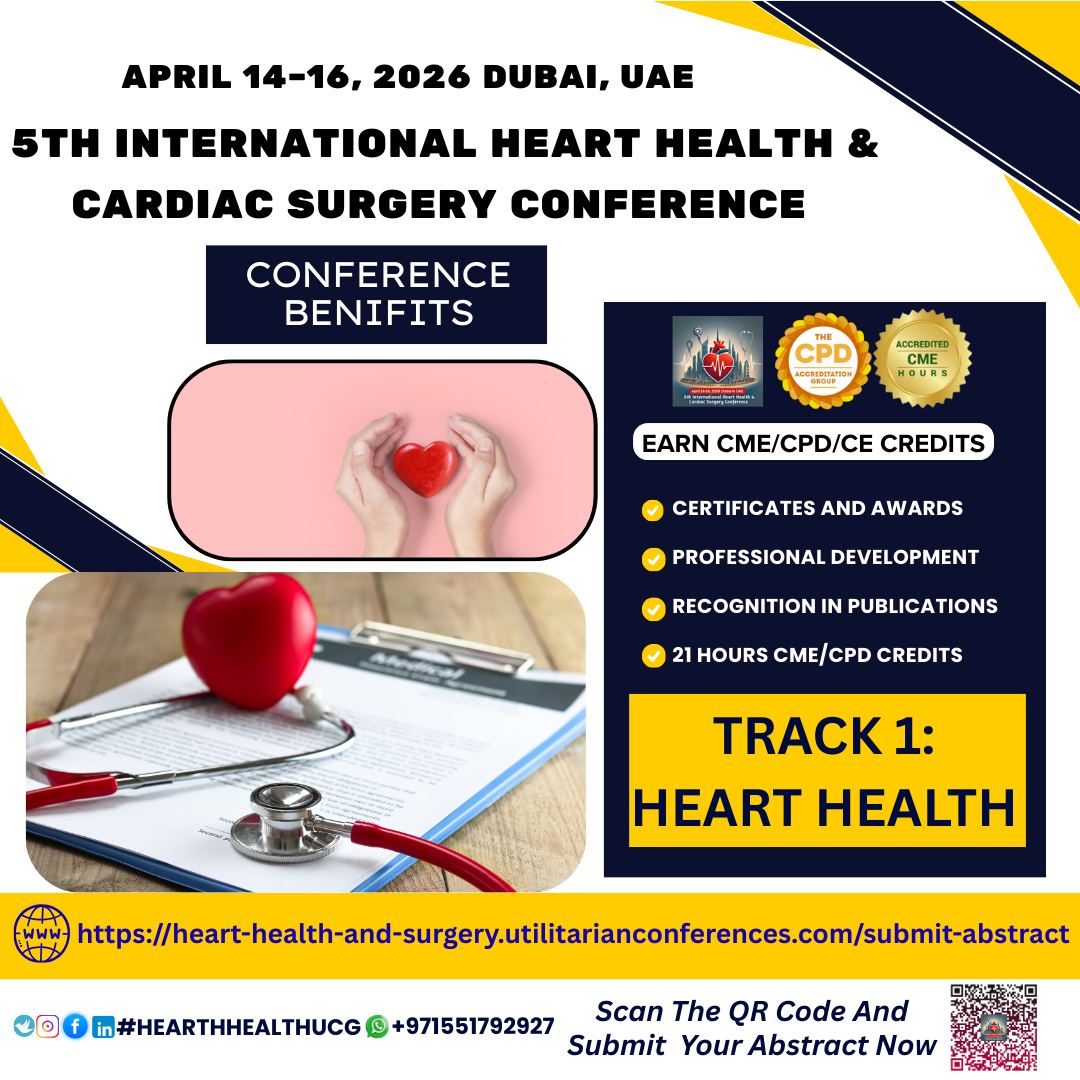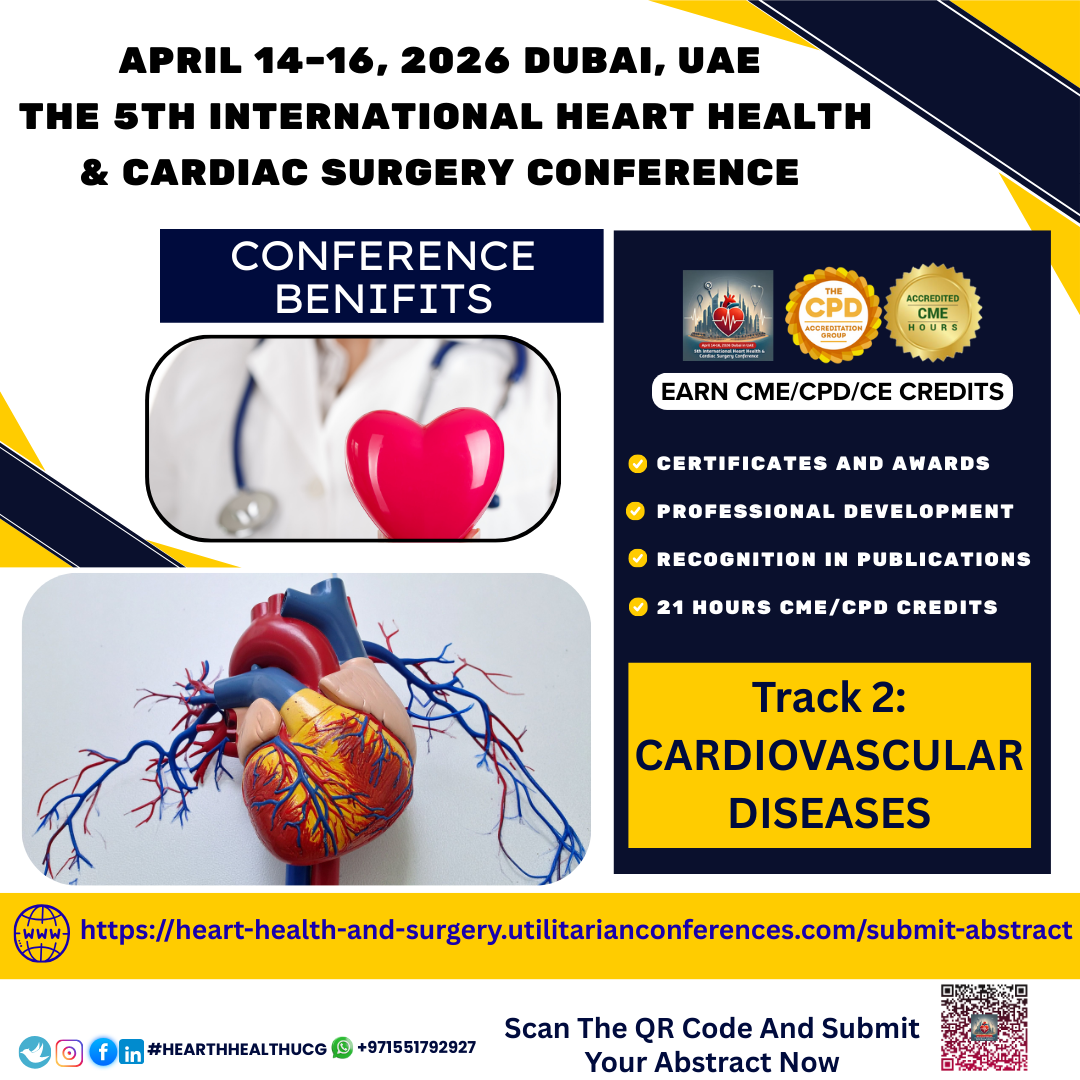



Heart Health is a broad and essential topic that refers to maintaining the...

Cardiovascular diseases (CVDs) are the leading cause of death globally,
claiming an estimated 17.9...

Heart disease remains the leading cause of death worldwide—but here’s the powerful truth: many heart problems are preventable. That’s where preventive cardiology steps in. Rather than waiting for symptoms to appear, this field focuses on identifying risk factors early and implementing strategies to reduce the chances of cardiovascular disease ever taking hold.
What Is Preventive Cardiology?Preventive cardiology is a medical discipline dedicated to lowering the risk of cardiovascular diseases (CVD) such as heart attack, stroke, and peripheral artery disease. It involves comprehensive evaluation, lifestyle counseling, and—in some cases—medication to manage key
risk factors like : High blood pressure
High cholesterol
Diabetes or insulin resistance
Smoking
Sedentary lifestyle
Obesity
Family history of heart disease
The goal is not just to treat disease, but to prevent it altogether—or delay its onset and reduce its severity.
Why It MattersUnlike many conditions that show early warning signs, cardiovascular disease can be a silent killer. You might feel fine—until a sudden heart attack or stroke changes everything. Preventive cardiology gives patients a chance to take control of their heart health before such events occur.
Key Benefits:Early detection of risk factors through screening
Personalized care based on genetics, lifestyle, and medical history
Improved quality of life through lifestyle changes
Reduced need for invasive procedures later o
Lower long-term healthcare costs
Core Components of Preventive CardiologyDoctors use tools like lipid panels, blood pressure checks, and imaging tests (e.g., coronary calcium scoring) to evaluate cardiovascular risk. Advanced assessments may include genetic testing and
evaluation of inflammatory markers.
This is the cornerstone of prevention. Key recommendations include:
Healthy eating (Mediterranean or DASH diet)
Regular physical activity (150 minutes/week of moderate-intensity exercise)
Weight management
Stress reduction (mindfulness, therapy, or relaxation techniques)
Smoking cessation
Adequate sleep
3. Medical ManagementWhen lifestyle changes aren’t enough, medications like statins, antihypertensives, or diabetes drugs may b prescribed to bring risk factors under control.
4. Patient Education & Follow-UpOngoing support, coaching, and follow-up visits are essential. Preventive cardiology is a long-term commitment, not a one-time fix.
Who Should See a Preventive Cardiologist?You don’t need to wait until after a heart attack to see a heart doctor. You might benefit from preventive cardiology if you: Have a family history of heart disease
Have high blood pressure, cholesterol, or blood sugar Are overweight or obese Lead a sedentary lifestyle Smoke or used to smoke
Have had complications in pregnancy (e.g., preeclampsia, gestational diabetes)
Even healthy individuals can benefit from a one-time cardiovascular risk assessment for peace of mind.
The Future of Heart HealthWith advances in diagnostics, genomics, and personalized medicine, preventive cardiology is evolving rapidly. The integration of wearable devices, AI-driven health tracking, and digital
coaching means that heart disease prevention is becoming more proactive, accessible, and precise.